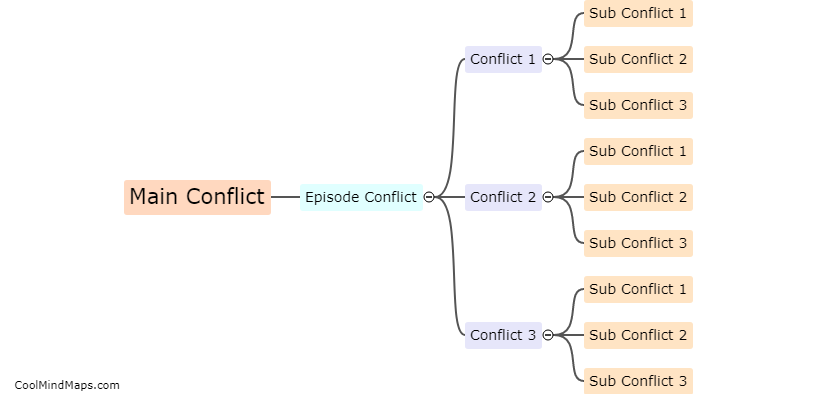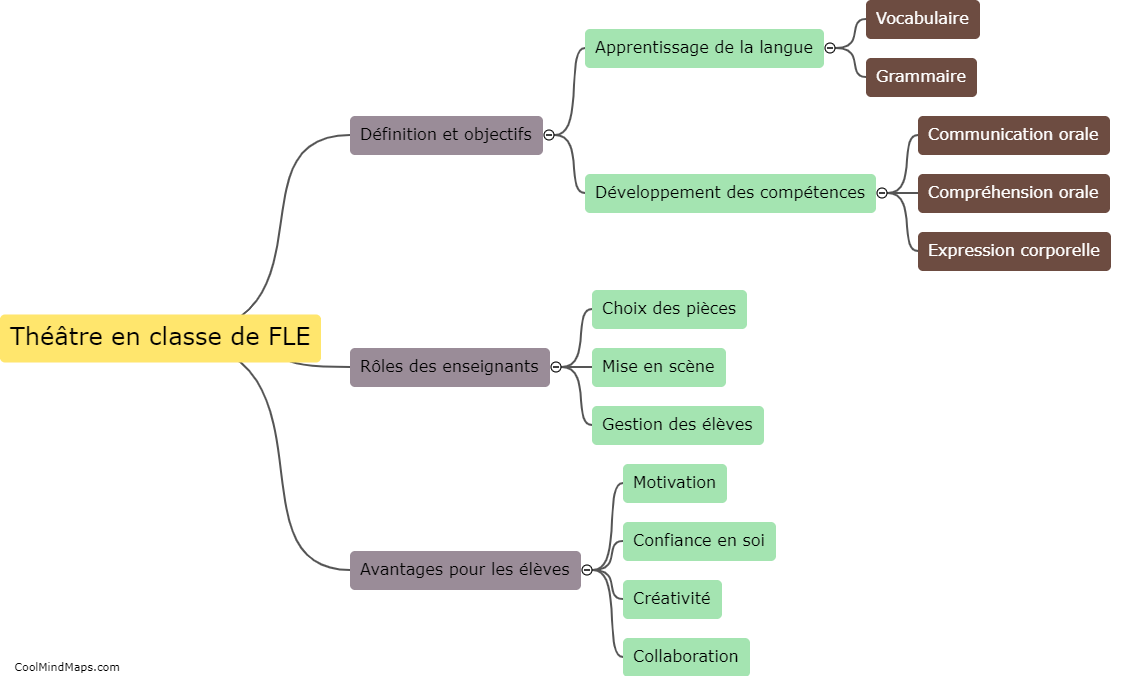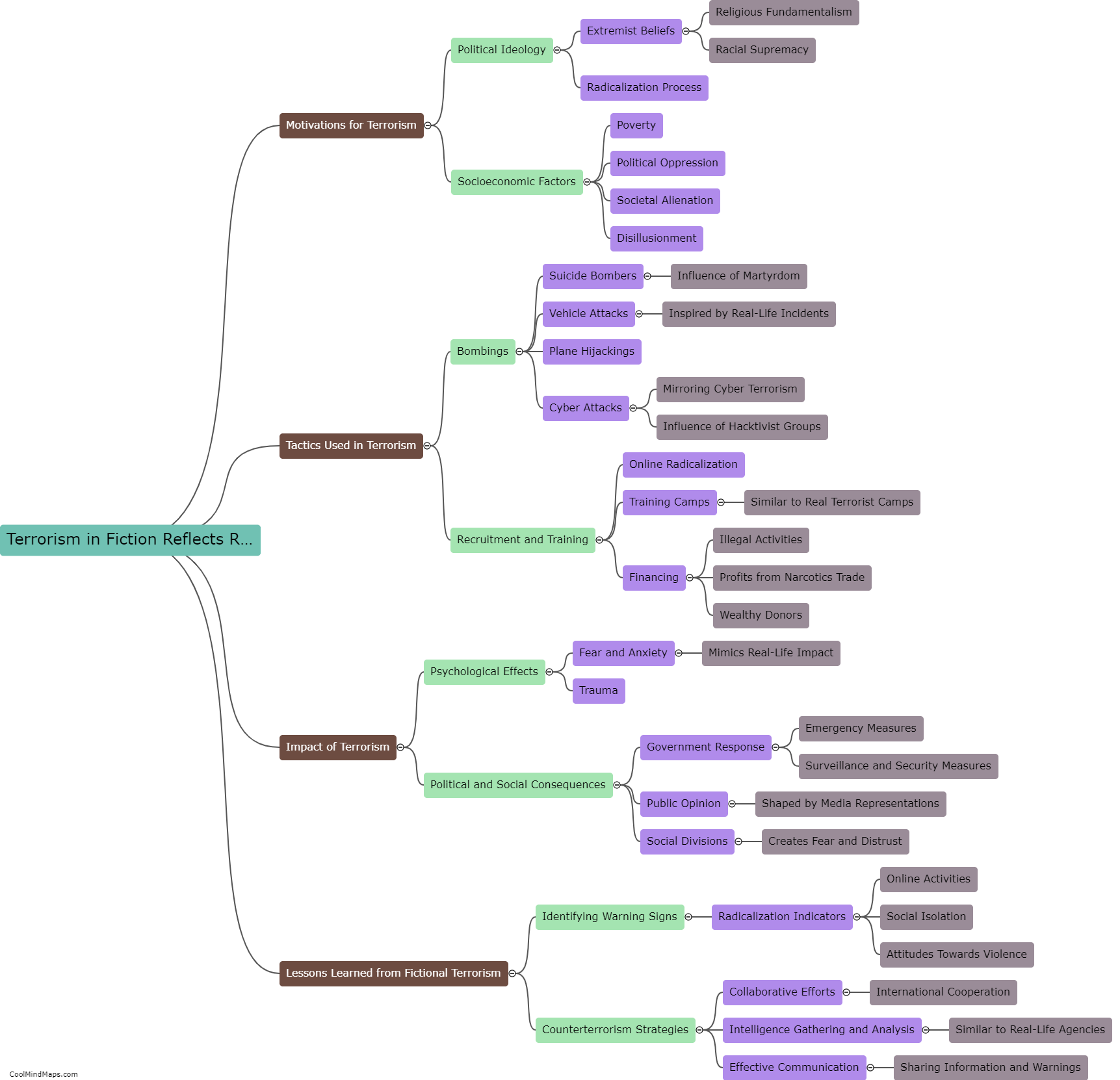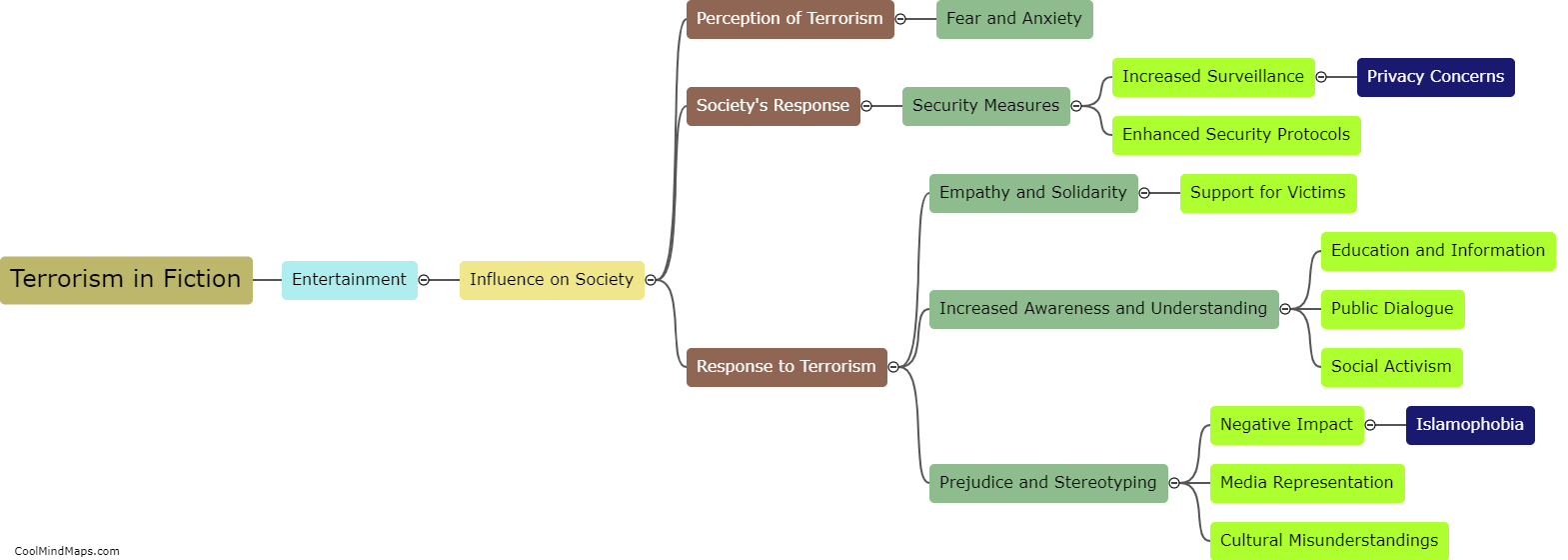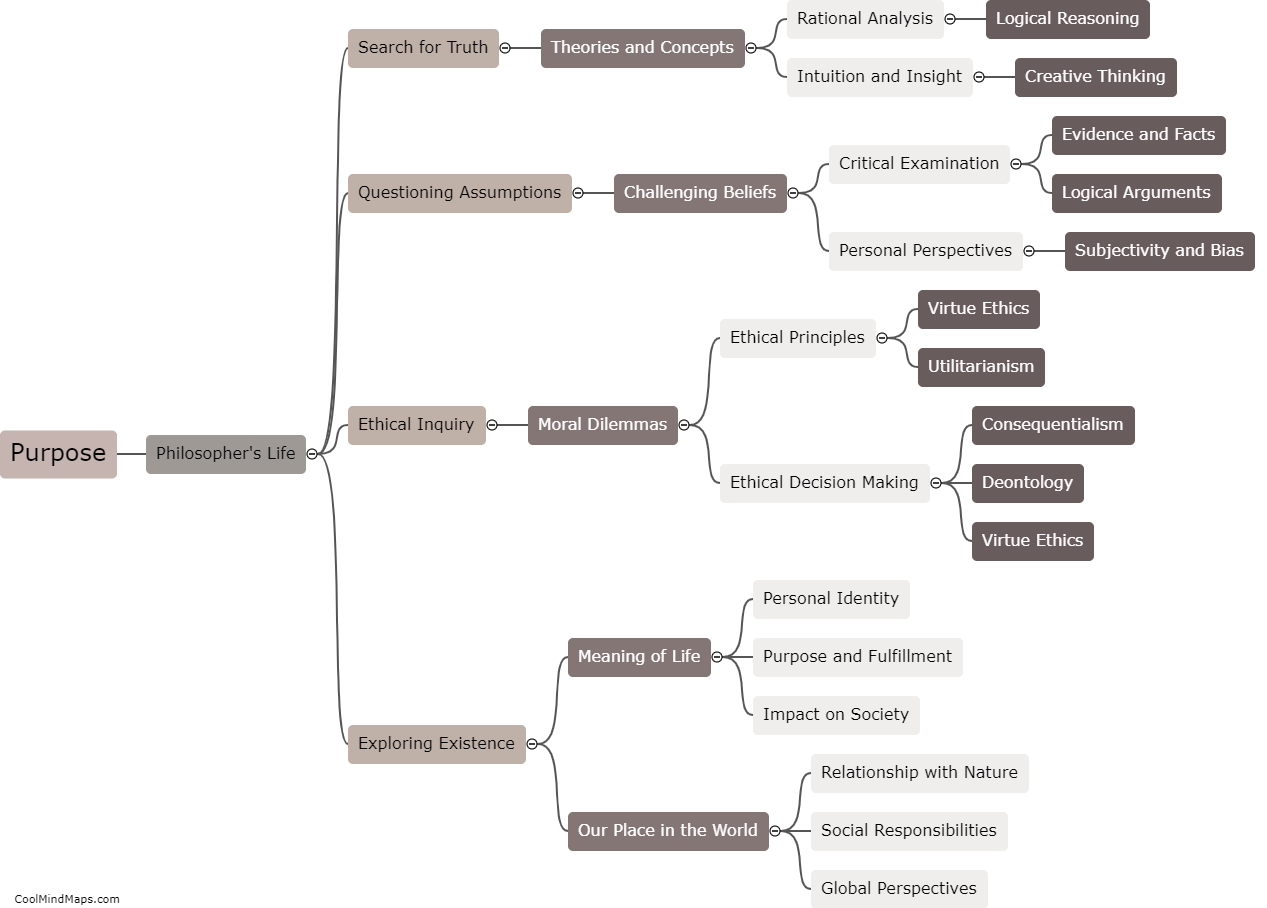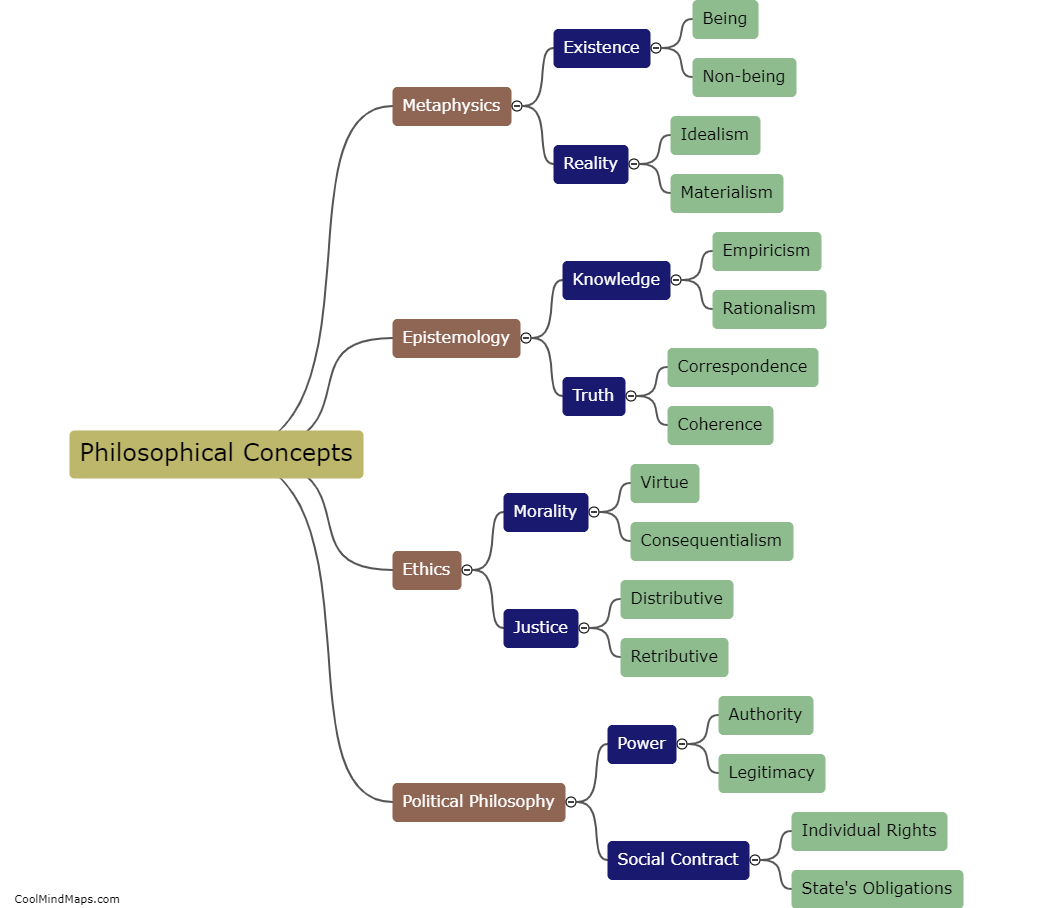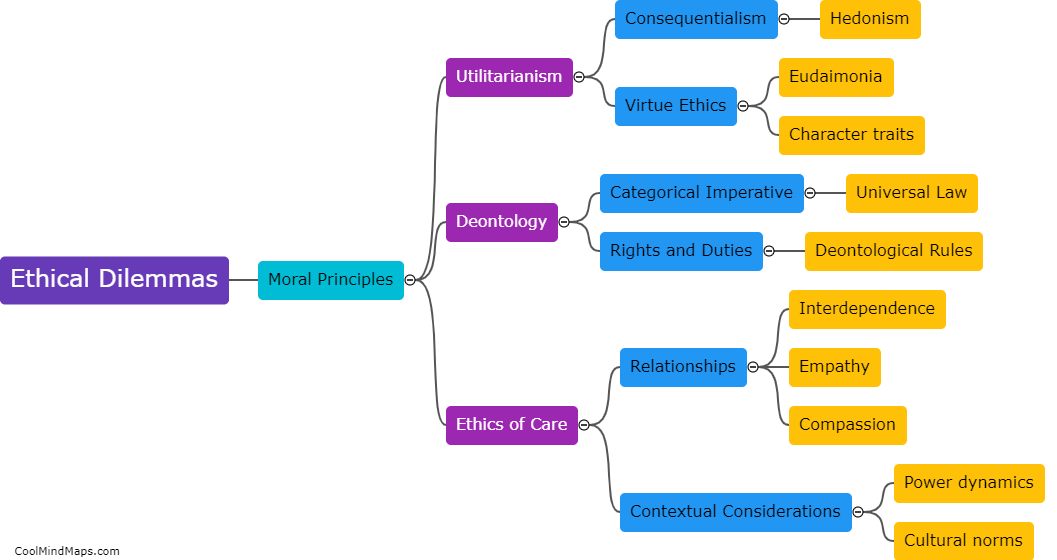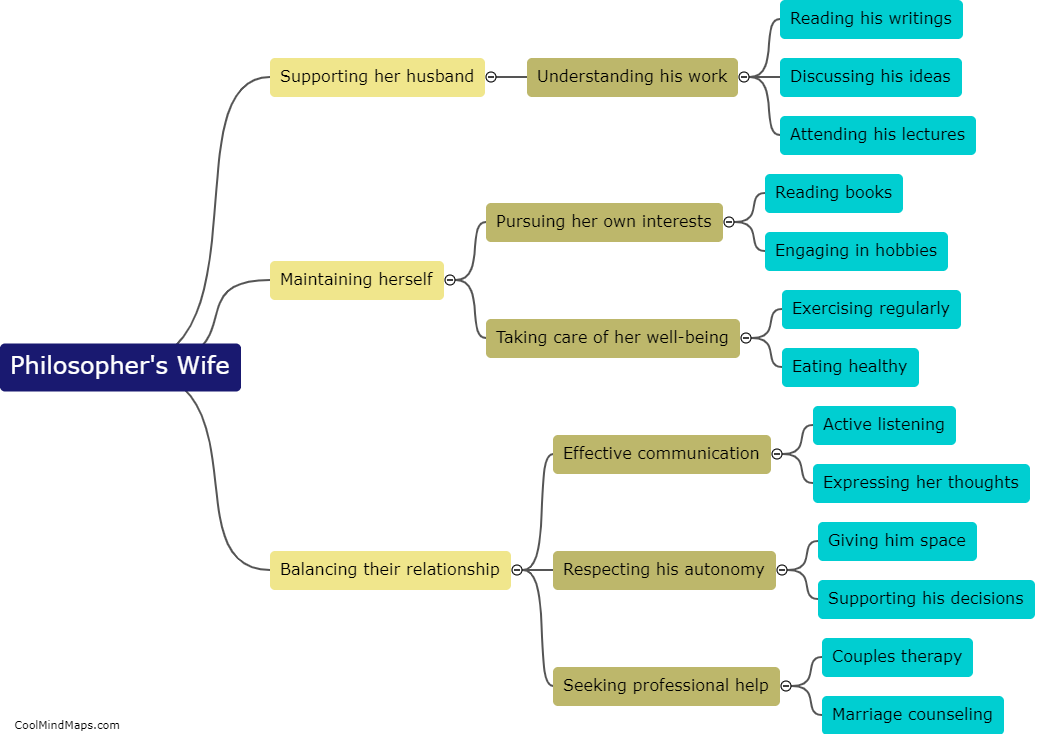What role does introspection play in a philosopher's life?
Introspection is an essential aspect of a philosopher's life, playing a crucial role in their pursuit of truth, understanding, and knowledge. Philosophers engage in deep self-reflection and introspection to gain a profound awareness of their thoughts, beliefs, and biases. By examining their own minds and experiences, they can identify assumptions, prejudices, and cognitive biases that may influence their thinking and approach to philosophical inquiries. Introspection helps philosophers to critically evaluate their ideas and arguments, ensuring intellectual honesty and objectivity in their philosophical theories. Through rigorous self-examination, philosophers can explore the nature of consciousness, self, and subjective experience, allowing for a greater understanding of the human condition and the world we inhabit. Ultimately, introspection serves as a compass for philosophers, guiding their intellectual exploration and enabling them to contribute meaningfully to the quest for wisdom and truth.
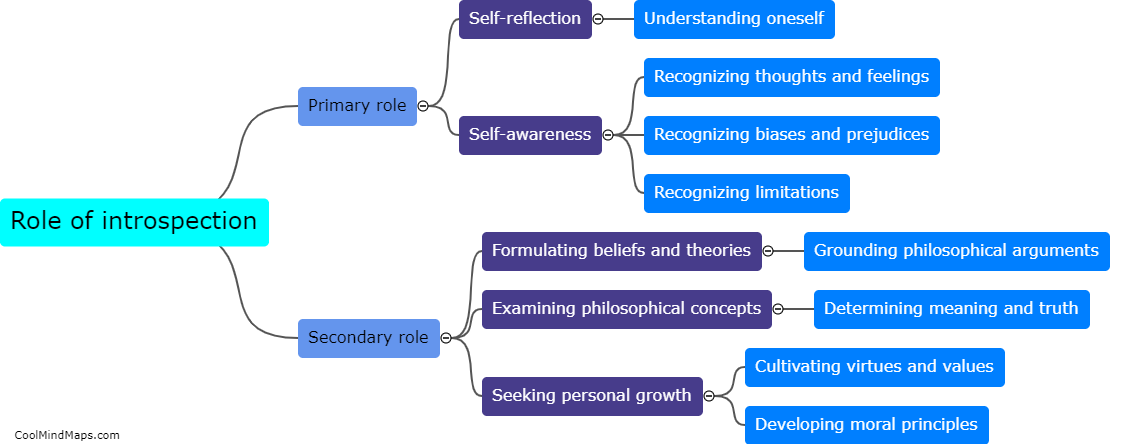
This mind map was published on 5 December 2023 and has been viewed 91 times.
